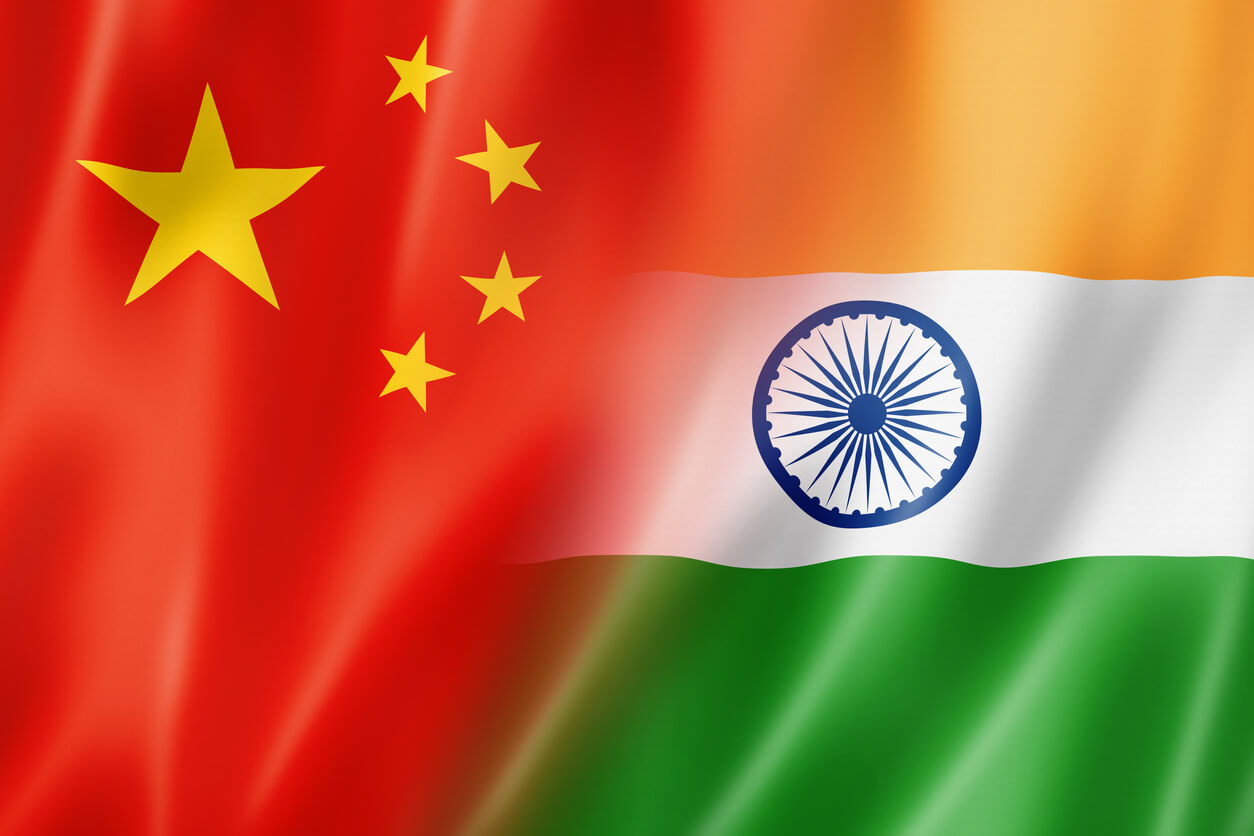In a move that sure to worsen the ongoing dispute between India and China, India has now excluded Chinese vessels from importing crude into India. Further, Indian companies have also barred Chinese ships from exporting products, including diesel, from India. Simultaneously, government-owned companies in India, which include Indian Oil Corporation, Bharat Petroleum Corporation and Hindustan Petroleum Corporation, have stopped engaging Chinese companies and vessels for their shipments since a violent brawl between the two sides on June 15 led to the death of 20 Indian soldiers, which heightened tensions between the rival nations.
This is in furtherance of India’s decision in late July to update its legal framework concerning the rules on bidding on government projects by companies and individuals from neighbouring countries. At the time, the finance ministry released an official statement which read: “The Government of India today amended the General Financial Rules 2017 to enable the imposition of restrictions on bidders from countries which share a land border with India on grounds of defence of India, or matters directly or indirectly related thereto including national security.” India shares a border with Pakistan, China, Bangladesh, Nepal, Bhutan, and Myanmar. While the rules did not explicitly target any specific country, it is clear that it is intended to detrimentally affect Chinese entities in India.
As a result of the abovementioned amendments to the General Financial Rules, India also announced its decision to exclude Chinese tech giants Huawei Technologies Co. and ZTE Corp. from its 5G market. India’s move follows similar announcements to push out the two Chinese companies from 5G infrastructure in the US, UK and Australia. Other countries in Europe, too, are assessing the viability of continuing their reliance on Huawei and ZTE Corp.
The two telecom companies were set to invest around $4 billion to develop 5G infrastructure in India. However, after Indo-Chinese relations have increasingly worsened over the past few months, the Ministry of Communications in India decided to restart talks on approving 5G trials by private telecom companies like Reliance Jio and Vodafone. However, this is easier said than done. Indian telecom companies are already struggling to generate profits from their 4G networks. Further, the Indian 4G infrastructure is also highly dependent on Chinese equipment. Rajiv Sharma, the head of research at the SBICAN Securities Limited, predicts that exclusion of Huawei and ZTE will increase the cost to develop 5G infrastructure in India to over 35%. Nevertheless, several experts predict that Mukesh Ambani’s Reliance Jio could emerge as a significant competitor to Huawei in the world market, after its announcement on July 15 to develop a 5G network using “in-house” technology and equipment.
India to Bar Chinese Vessels from Importing Crude into India
India also barred Chinese telecom giants, Huawei and ZTE, from its 5G trials.
August 14, 2020

SOURCE: ISTOCK PHOTO
